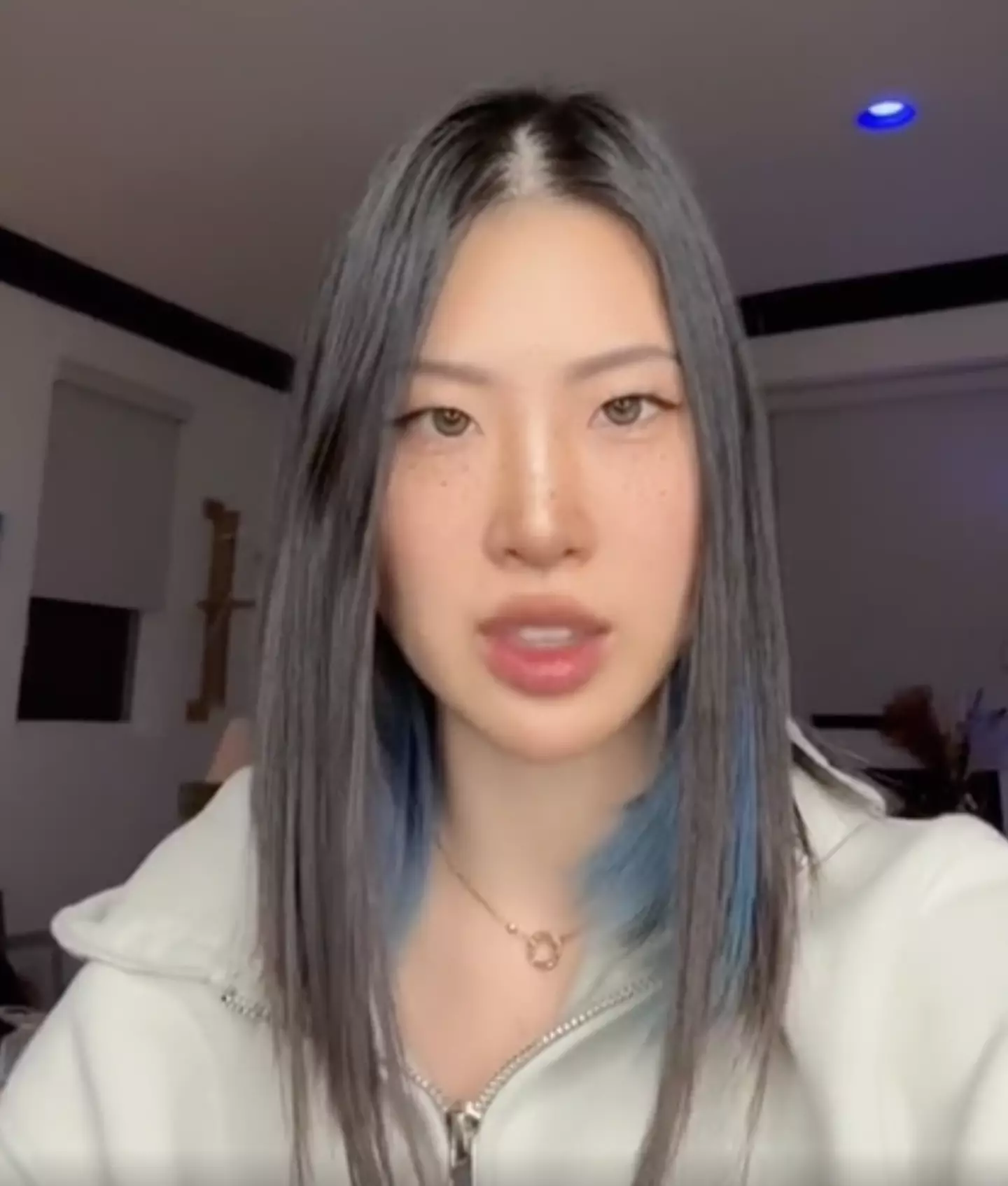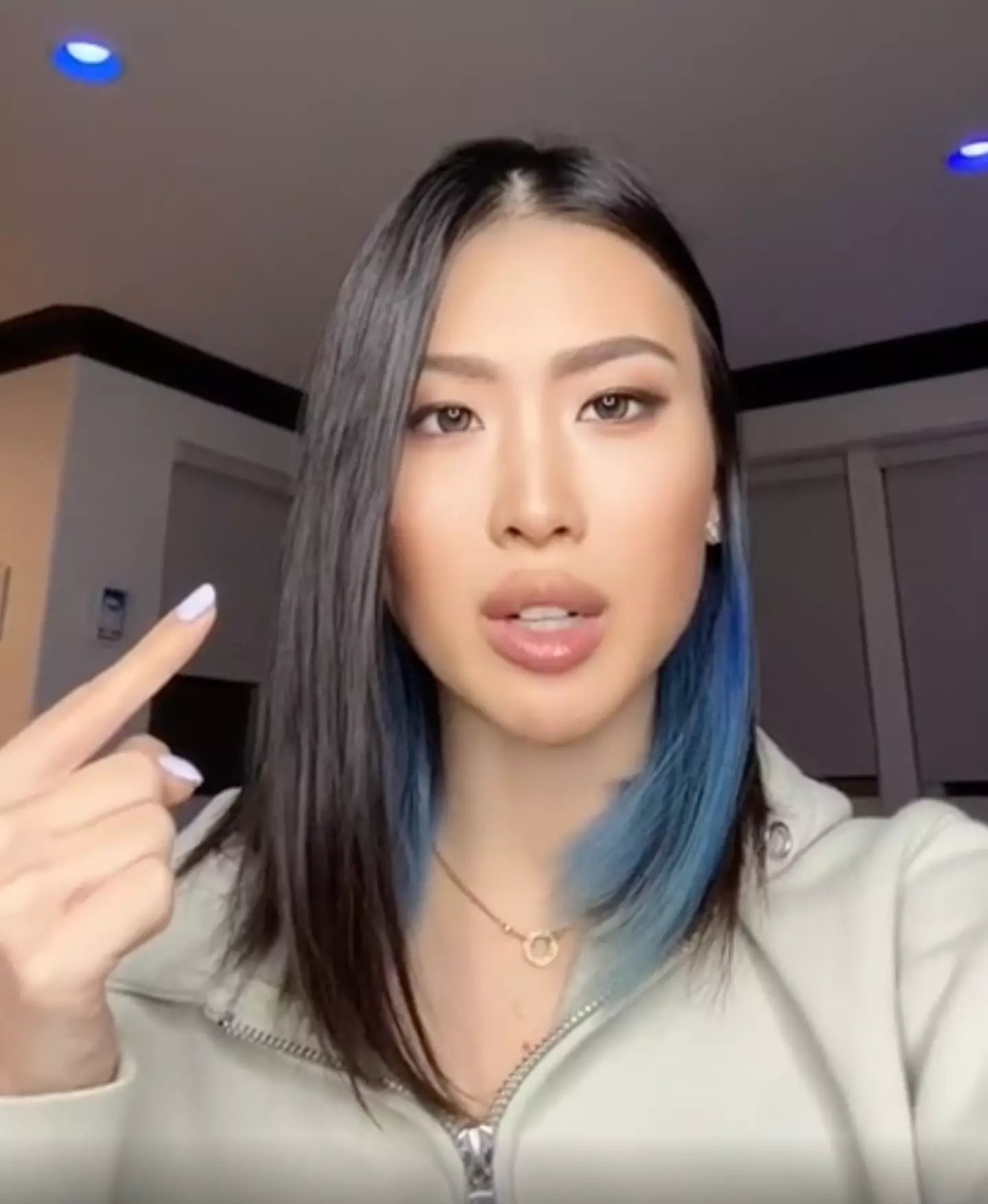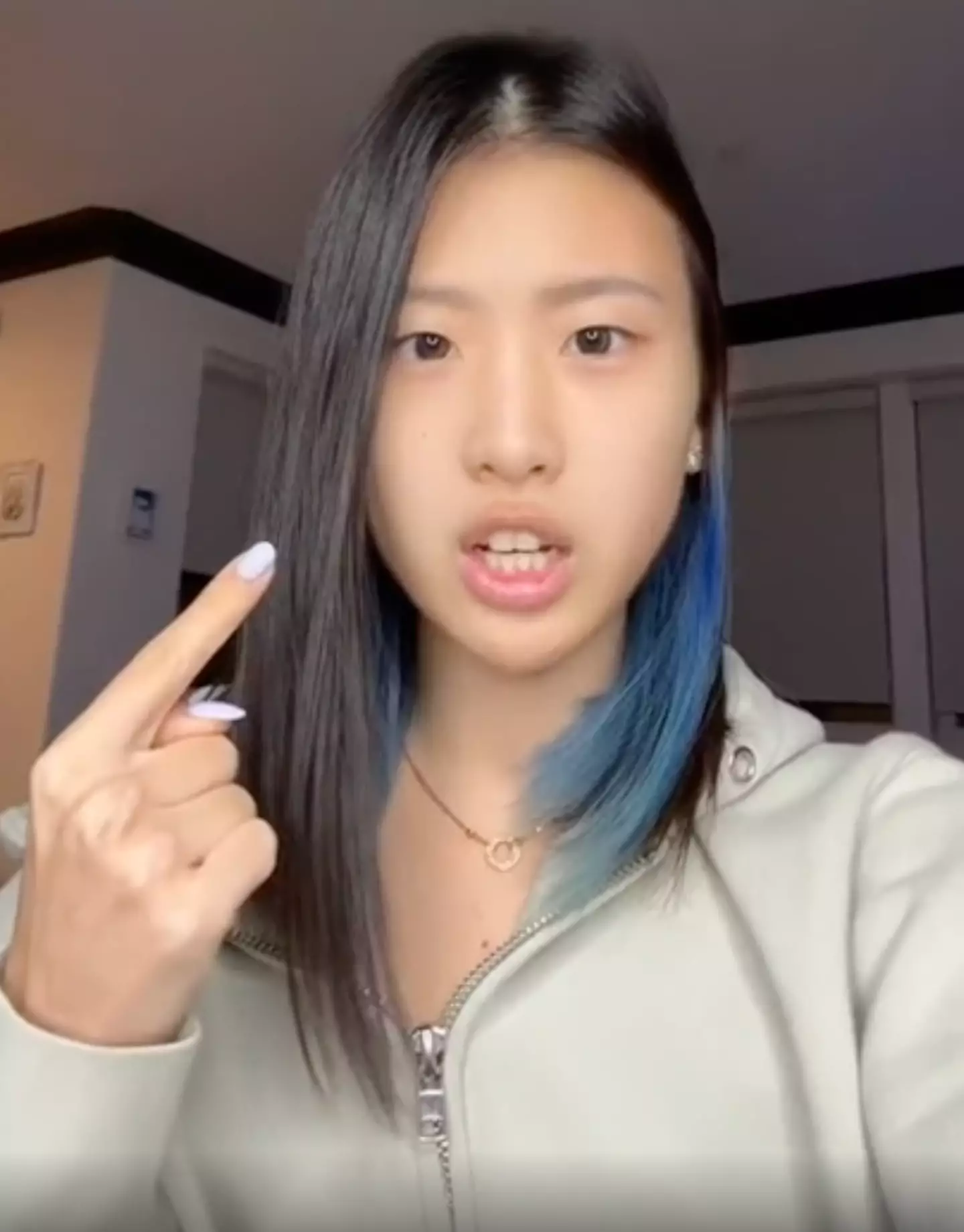.png)
Whether it was the dog filter or the iconic flower crown filter that seemed to dominate all our selfies in the late 2010s, face filters have always been a big deal.
However, as technology has progressed, so have the filters, which are becoming more and more realistic almost to the point where users become entirely unrecognisable.
One woman has since spoken out about TikTok's latest filter and explained to social media users why it's so realistic.
Advert
Check out what she had to say here:
Zhangsta took to TikTok to share with people the uncanny element to this avalanche of new filters we've been seeing on platforms like Instagram and TikTok.
In the short video, she begins by saying: "Today I learned that this new viral beauty filter was created using machine learning."
Advert
She then went on to explain exactly what 'machine learning' is and how it differs from 'traditional beauty filters'.
According to the content creator, traditional filters use an 'augmented 3D face mesh' which means that the filter in question is just 'overlaid on top of your face'.
Sounds straight-forward enough.

Advert
However, this new TikTok filter apparently uses an entirely new system of technology to switch up your appearance.
She referenced some of the most popular filters such as 'Bold Glamour' and 'Teenage Look', and how they work so different from previous ones.
In short, these reportedly use a 'machine deep learning technology', which Zhangsta refers to an 'GAN'.
Standing for 'Generative Adversarial Networks', this new filter means that every single pixel on your face is entirely regenerated, as opposed to having a general filter simply placed on top of your already existing features.
Advert
Once the pixels are regenerated, she says that they are subsequently 'outputted after referencing a dataset of images'.
This process, she claims, is why the filters look 'so realistic'.
Luke Hurd, an augmented reality consultant who has worked on Snapchat and Instagram filters, also shared similar claims to The Verge, saying: "Simply put, GANs pit two competing neural networks against each other in a fist-fight to the death."

Advert
Zhangsta's video, which was also shared on Reddit, has received thousands of comments from people eager to share their thoughts on the brand-new face filter.
One Reddit user wrote: "This will take catfishing to a new level."
"The real interesting part is that we've finally reached the part in social media where filters are no longer enhancing how you look, but instead making you look like someone else," another pointed out.
Others noted that the heavy use of such face-transforming filters and editing tools could lead some social media users to compare the way they look to virtually-modified versions of other people.

"This is depressing as hell," a third said, "because then those same kids using the filters and staring at everyone else using those fitters, will look in the mirror and hate themselves."
Another agreed, highlighting the issue with people who 'may start to identify with the image they see on screen, instead of in the mirror'.
They also said that this phenomenon could lead to 'self-esteem issues' and 'isolation'.
A fourth even worried that the use of these modern face filters could end up becoming the default online, writing: "We could see a strict normalisation of online appearance with everyone looking almost identical."
Tyla has reached out to TikTok for comment.
Topics: Beauty, Technology, TikTok